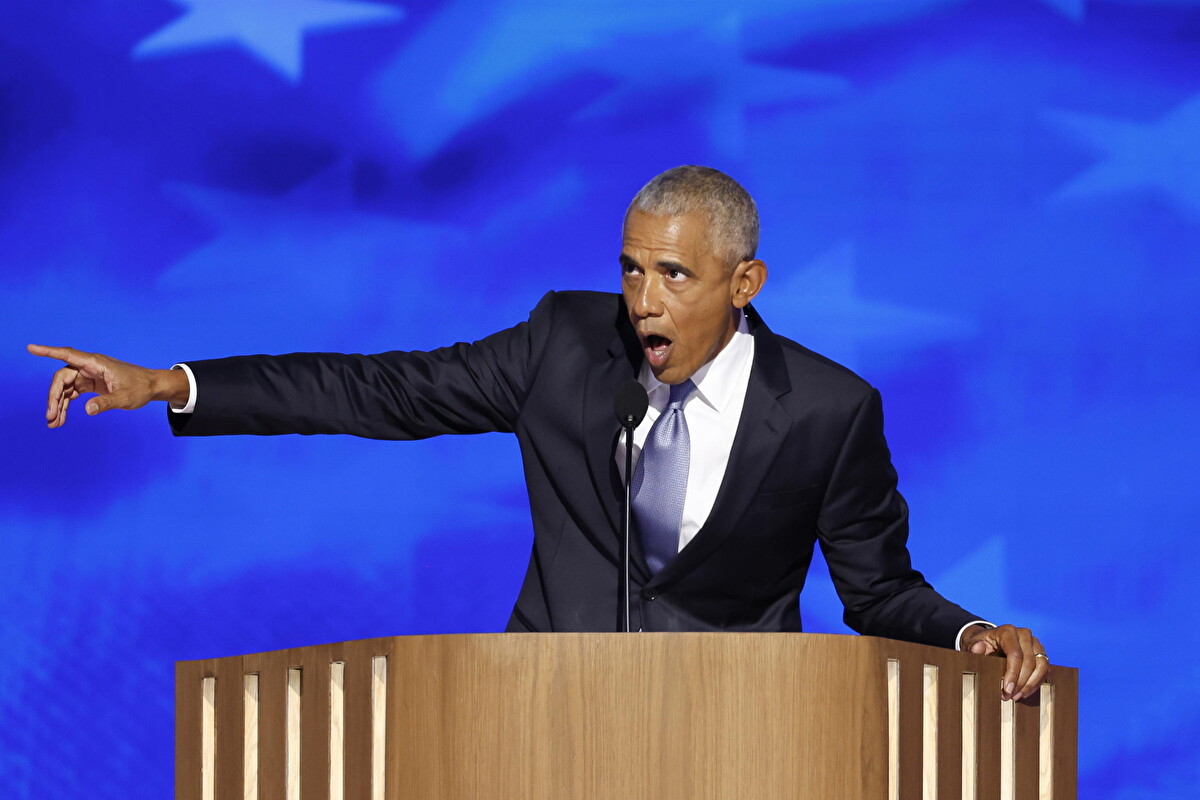On a sunny afternoon in Mesa, Arizona, Beth Waters stood at her door, exchanging pleasantries with a Republican canvasser. Like many in her state, she’s wrestling with the choices ahead in November. A self-described political independent, Waters is no stranger to indecision, but this time, she’s certain about one thing: Donald Trump has her vote. “The cost of living, overseas conflicts, the border crisis—all of that made my choice pretty clear,” she tells The New York Times.
But her certainty fades when the conversation turns to Kari Lake, Trump’s steadfast ally, now running for the Senate against Democrat Ruben Gallego. “I don’t dislike Ruben, and I don’t dislike Kari,” Waters admits, pausing. “But there are some things I’ve heard from her that I’m not 100 percent on board with, so I’m just undecided.” Waters, an art teacher in her fifties, is emblematic of the voters who could decide the fate of Lake’s campaign—people who support Trump but hesitate when it comes to Lake, whose unapologetically confrontational style has left even some Republicans on edge.
Kari Lake’s political journey has been anything but conventional. Once a bombastic news anchor, she embraced Trump’s election denialism during her unsuccessful 2022 gubernatorial bid, alienating moderate Republicans along the way. Her open disdain for the late Senator John McCain, an Arizona icon, and public spats with Doug Ducey, the former Republican governor, further fractured the party. Lawsuits she filed to contest the election results only deepened the rift, and though she’s tried to mend fences this time around, the effort has been inconsistent. Now, as she approaches the final stretch of her Senate run, Lake finds herself trailing Gallego in most polls, despite Trump’s own lead in Arizona.
Trump’s dominance over the party is undeniable, but Lake’s struggles underscore the challenges facing MAGA candidates as they try to broaden their appeal beyond the hardcore base. A New York Times poll from mid-September highlighted this disconnect, showing Trump with a five-point lead over Vice President Kamala Harris in Arizona, but Lake lagging six points behind Gallego.
Wednesday evening offered Lake her biggest chance yet to turn the tide. She faced Gallego in their only televised debate, a high-stakes event hosted by the Arizona Citizens Clean Elections Commission. “Tonight will be determinative,” remarked Kirk Adams, a former Republican speaker of Arizona’s House, who pointed to the debate as either Lake’s last hope or the final nail in her campaign’s coffin. Lake’s camp is hopeful the debate could sway undecided voters, especially those center-right voters who remain uneasy about her, yet aren’t fully sold on Gallego.
Lake, for all her controversial positions, remains a formidable figure in Arizona politics. Her charisma on stage, honed through years in front of the camera, is often unrivaled, especially when compared to Gallego’s more reserved demeanor. The debate, for Lake, was a chance to hit hard on Gallego’s liberal voting record. Her campaign insists that “many Arizonans don’t know the truth about her opponent,” promising that the debate would unveil “the real Ruben Gallego.”
But Gallego, a Marine veteran with a reputation for combativeness on social media, has fought back with his own potent narrative. His image is one of steady, grassroots commitment, carefully crafted through a $45 million advertising blitz—more than four times what Lake’s camp and Republican groups have managed to muster. His campaign has worked to position him as a moderate, a soldier for the people of Arizona, rather than the progressive firebrand of past years.
Gallego’s war chest has amassed over $32 million, while Lake has barely scraped together $10 million. And while outside groups like the conservative Win It Back PAC are funneling millions into ads for Lake, it may be too little, too late. Republican Senate groups, particularly Mitch McConnell’s Senate Leadership Fund, have chosen to sit this one out, focusing instead on easier targets in other states.
As Election Day looms, the question is whether Lake can overcome the skepticism of voters like Waters—those who embrace Trump’s America-first agenda but hesitate at Lake’s brand of divisive politics. Lake’s team is betting on a ground game to turn out voters disillusioned by inflation and border insecurity, hoping that frustration will ultimately tip the scales in her favor. Yet, she faces an uphill battle, particularly among women and Hispanic voters, who remain crucial swing demographics. Her past opposition to abortion and focus on cultural issues like gender in sports have alienated some voters, despite her attempts to soften these stances.
The stakes are high, not just for Lake, but for the MAGA movement as a whole. Can a candidate so closely tied to Trumpism unite a fractured party and win over a skeptical electorate? Only time will tell. But for now, Beth Waters, and voters like her, remain uncertain. “Kari is a hard damn worker,” said Seth Leibsohn, a conservative talk show host backing Lake. “But whether she can turn that into votes is the real question.”











